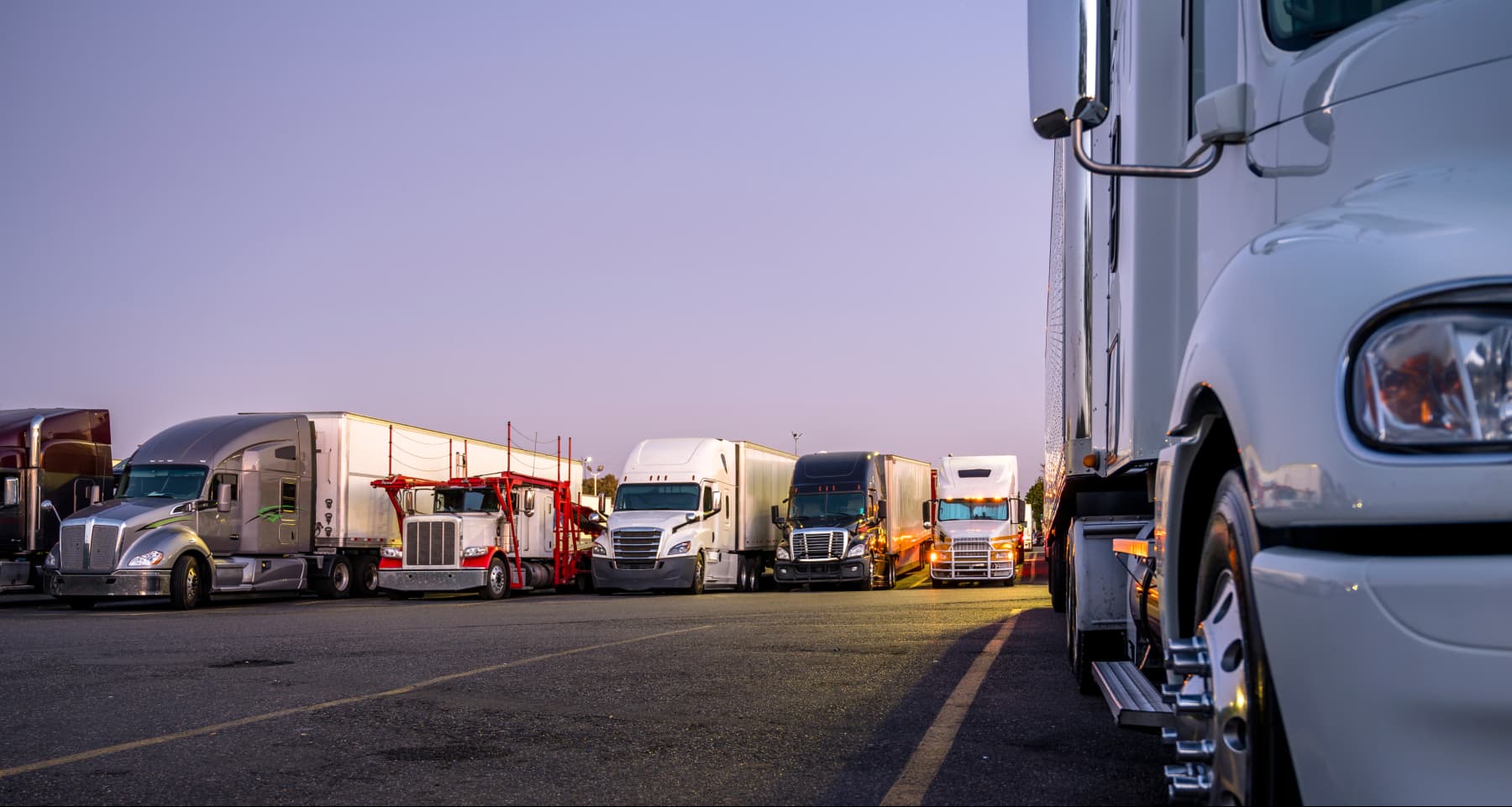National Truck Driver Appreciation Week
Driver Spotlight with Mike Aman
Despite the havoc that the COVID-19 pandemic wrought on the global economy, it proved to be quite the boon for the trucking industry. Supply chain issues led to a real need for drivers, and when decreased fuel demand drove prices to record lows, new truckers flocked to the industry in droves. For longtime entrepreneur Mike Aman, trucking provided an easy opportunity to pivot.
“The money was good and I saw a need,” Aman says. “I trained myself … and went for it.” For him, trucking “was very easy to get into and very easy to learn.”
Driving growth
Since starting out in trucking almost exactly two years ago, Aman has grown his company, BBC Logistics in Irving, Texas, into a 10-truck refrigerated fleet that caters almost exclusively to brokers. These days, he spends his working hours looking for loads to deliver, making sure that his drivers are logging in and out as they should – and getting out into his own truck and making deliveries if necessary. Although Aman has a staff of seasoned drivers at his disposal, his respect for their experience makes him not just a sensitive manager, but a valued team member in his own right.
“They’re all self-starters, they know how to do just about anything that’s needed,” he said. “They can help if I’m missing a driver for whatever reason, and if they struggle, I can pick things up myself.”
Overcoming challenges
Although Aman’s day-to-day as an owner operator seems fairly routine for the trucking industry, he does deal with many of the same woes his fellow truckers endure. For example, he has to reconcile the decreasing costs of loads with increasingly volatile fuel prices. As of September 5, 2022, a gallon of on-highway diesel fuel cost $5.08, on average, down from a record high of $5.72 in mid-June, according to the Energy Information Administration (EIA).
This may seem like a good thing, but months of record-breaking prices followed by months of declines leave many owner operators scrambling to properly budget for this non-negotiable expense. Stretching budgets like this often leaves them vulnerable to price increases in other areas. “Right now, it’s between closing our doors and continuing working,” says Aman. “That’s where we’re at.”
Broker relations
The biggest problem that Aman currently faces, ironically, stems from the same circumstances that brought him into the trucking industry in the first place. He says, although he is as new to the industry as many of the other drivers that started during the pandemic-induced influx, his business savvy pinpointed the fact that brokers can take advantage of his fellow drivers’ inexperience by offering drivers loads on the cheap and driving prices down for more seasoned drivers.
“That’s the biggest problem,” he said. “They’re competing for business along with much smaller companies. There are a lot of new drivers who just bought a truck and got in it. [Brokers] know they’re confused. They don’t know … and that’s a problem.”
What would make things better for Aman out on the road? For one thing, brokers and drivers need to establish better communication. One of his drivers recently had to wait overnight to complete a delivery due to miscommunication with a broker, and competition between owner operators and brokers for loads gives these issues even more weight. He would also like to see more technological advances in the industry that would enable him to find cheaper pricing for fuel, parking, and other OTR needs. But even if that never happened, Aman and his fleet are here to stay.
“I’ve been in business a long time,” he said. “I’m not a quitter.”
Relay would like to thank the millions of truck drivers that grace our roads everyday to keep the nation well stocked, happy and alive, we thank you and we salute you!

